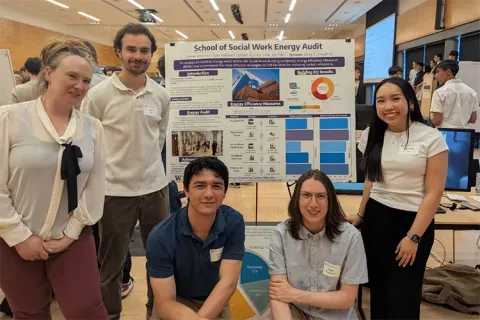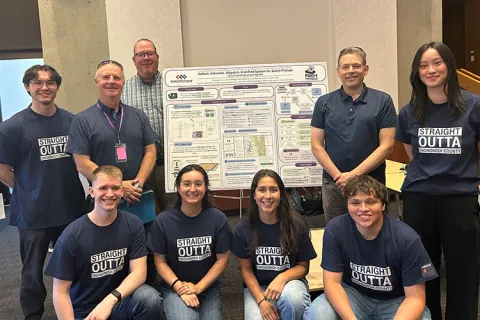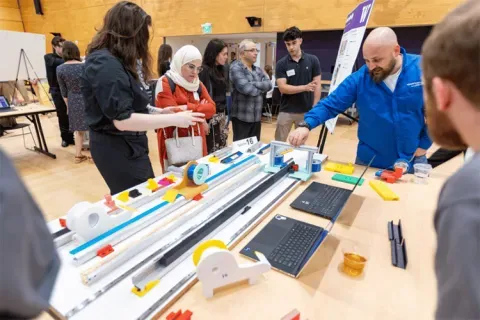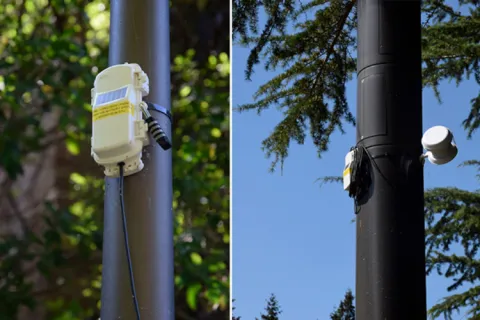UW Program in Food Systems, Nutrition, and Health
Developing Proof-of-Concept Social Sensors to Detect Changes in the Food System
A team of interdisciplinary UW researchers in food systems and ISE has a long-term goal of developing a digital twin to detect impacts of climate change on food systems in the Pacific Northwest. Digital twins are virtual representations of real-world systems that are updated in real-time with sensor data. Ideally, this digital twin would include not just physical sensors, but also social sensors, as many climate change impacts are social (e.g., changes in farming strategies or consumer food choices). As social sensors are novel in this context and their feasibility and relevance is not yet known, we need to develop proof-of-concept social sensors for detecting changes in food systems. While the long-term goal (a digital twin) would be developed for the context of climate change impacts on regional food systems, the proof-of-concept social sensors would focus on food environments on and around the UW campus. Tasks of the student team would include (1) identifying types of food environment characteristics or changes that could be detected, and their physical and social aspects, (2) identifying potential social sensor data sources (e.g., social media or other sources), including through surveys, interviews, or focus groups with UW students, and (3) developing and validating prototype social sensors. Successful prototypes will acquire, integrate, and display existing data that meaningfully reflect at least three non-physical aspects of UW food environments, including spatial or temporal trends in the data. This capstone team will work toward two main deliverables: (1) prototype social sensors that detects at least three non-physical aspects of UW food environments, including spatial or temporal trends in the data; and (2) a written report on the feasibility of using social sensors to detect food systems changes. For example, the report may discuss the opportunities and limitations of a broad array of social sensor data sources related to food systems; insights on the types of phenomena social sensor data may detect or overlook; recommendations for acquiring, analyzing, and integrating data for a social sensor; and recommendations for adapting the prototypes to the context of climate impacts on regional food systems.
Faculty Adviser(s)
Patty Buchanan, Industrial & Systems Engineering
Related News

Mon, 10/13/2025 | UW Mechanical Engineering
Capstone collaboration leads to award
An ME capstone team received first place for its energy audit of the UW School of Social Work building.

Thu, 07/17/2025
UW engineering students develop smart ballot solution
UW engineering students develop smart technology solution to improve ballot collection for Snohomish County.

Mon, 07/07/2025 | UW Mechanical Engineering
Capstone creations
Students displayed innovative capstone design projects at the 2025 expo.

Fri, 09/20/2024 | UW Civil & Environmental Engineering
Smarter irrigation for a greener UW
A new project combines satellite data with ground sensors to conserve water and create a more sustainable campus environment.